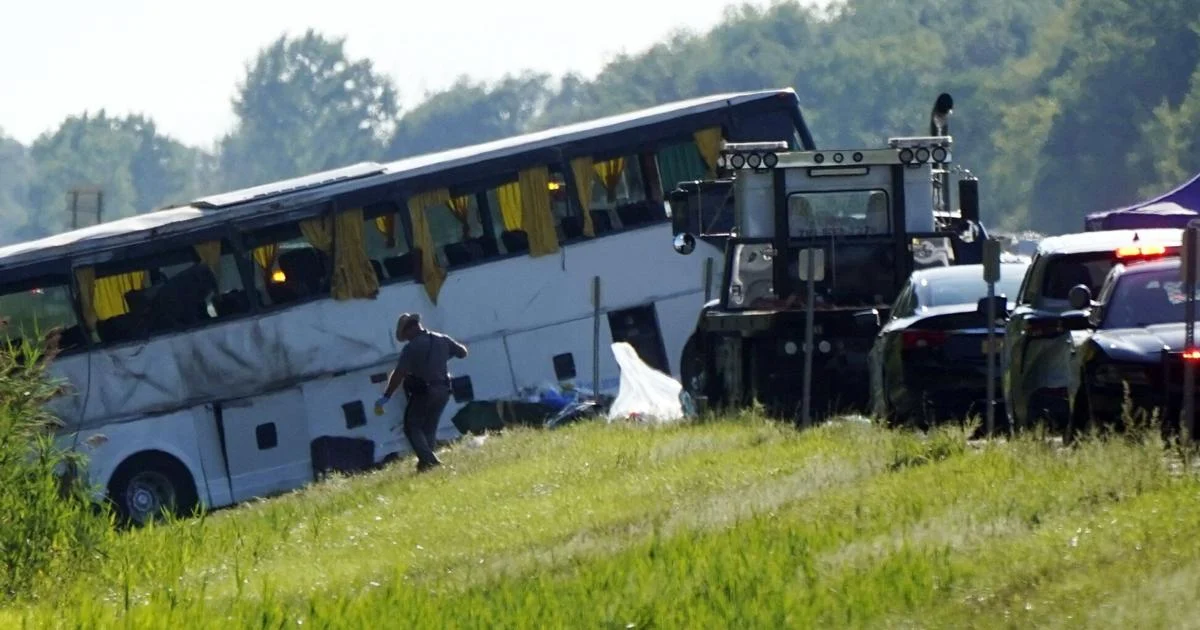By Neil Shaw
Copyright walesonline

Holidaymakers heading for Greece in October have been warned to expect massive disruption with a nationwide strike hitting all forms of transport. On October 1, Greece will face one of its most disruptive nationwide strikes of the year. Unlike previous walkouts that primarily hit flights, this strike extends across airports, ferries, trains, buses, metros and even taxis, effectively freezing the entire Greek transport system for 24 hours. For UK holidaymakers, it’s not just a case of cancelled flights. Island-hopping trips, cruise departures, and even getting to and from Athens Airport could be thrown into chaos, making this a much wider and more expensive headache than a standard aviation strike. The nationwide general strike is led by the ADEDY union, with air traffic controllers joining public sector workers in protest against new government labour reforms that threaten to legalise 13-hour workdays and impose harsher disciplinary rules and fines on employees. Travel finance experts at Dot Dot Loans say this is ‘bigger than a ‘flight problem’. A spokesman said: “Most strikes disrupt airspace or ground staff at airports, but Greece’s October 1 action goes further. Ferry services that connect the islands are expected to halt, leaving tourists stranded or scrambling for costly last-minute flights. “Public transport in Athens and Thessaloniki, including metros and buses, will be heavily reduced, making it harder (and more expensive) to reach airports or ports. For cruise passengers, port staff walkouts can delay boarding, creating knock-on issues across itineraries. “Rail services between cities like Athens and Thessaloniki are also likely to stop, cutting off one of the main alternatives to domestic flights. For UK tourists, especially those travelling beyond Athens, this multiplies the risk of missed connections, extended hotel stays and wasted bookings. “UK travellers should prepare for disruption in two forms. First, direct disruptions, such as cancelled or delayed flights, ferries, and trains, will affect those already booked for October 1 services. Second, access disruption, even if flights depart, passengers may be unable to reach airports, ferry terminals or ports due to halted ground transport. “This is particularly problematic for Athens, where taxis will be overstretched and fares are expected to surge. Both types of disruption translate into higher costs and lost time, meaning even passengers with confirmed flights may not escape the impact. “Travellers heading to Greece this week should check not just flights, but ferry, train and cruise bookings. Where possible, avoid island-hopping on strike day, or book direct flights to islands instead of relying on ferries. Build in extra transfer time, since public transport will be limited and taxis may be scarce. For those already in Greece, get written proof of cancellations to support insurance claims, and keep all receipts. “Flexible bookings and refundable hotel stays are critical; otherwise, costs can climb quickly, with stranded passengers facing £150-£300 in extra hotel nights and £50-£100 in taxi fares.” Paul Gillooly, Travel Finance Expert and Director at Dot Dot Loans, said: “This isn’t a normal strike. Most Brits think of airline cancellations when they hear about walkouts, but in Greece on October 1, the entire transport network is effectively pausing. That means the risks compound: a ferry cancellation can strand you on an island, a metro shutdown can prevent you from reaching the airport, and a taxi shortage can turn a 30 Euro ride into a 100 Euro scramble. For families, the costs mount quickly. “My advice is to plan for the strike as if it were a full travel blackout. Push critical journeys forward or back by 24 hours if you can, and treat every booking, whether flights, ferries, cruises, or trains, as vulnerable. Check your insurance policy now, because many travellers assume ‘strike cover’ is standard when it often isn’t. And don’t just budget for airfares: budget for hotel extensions, meal costs, and alternative transport. The best-prepared travellers will be the ones who save hundreds by anticipating the ripple effects, not just the flight cancellations.”



